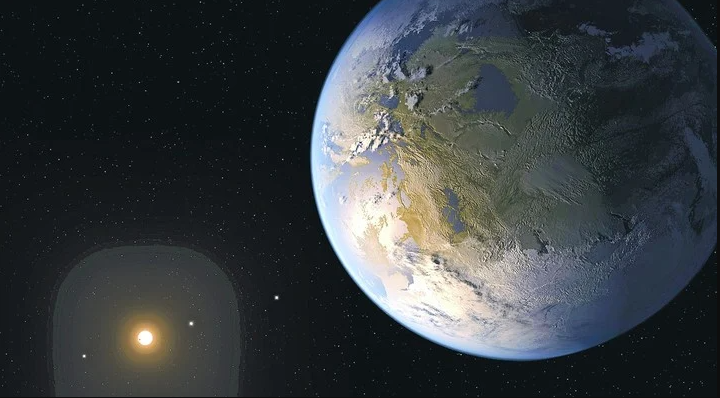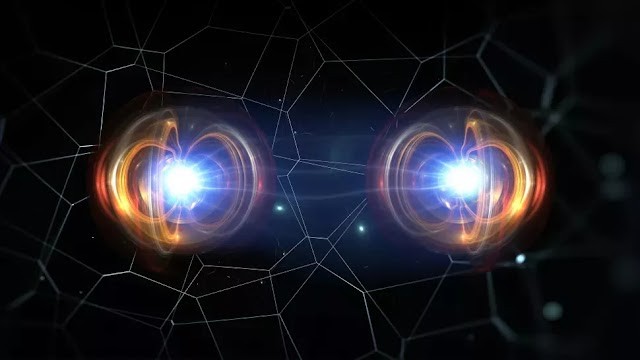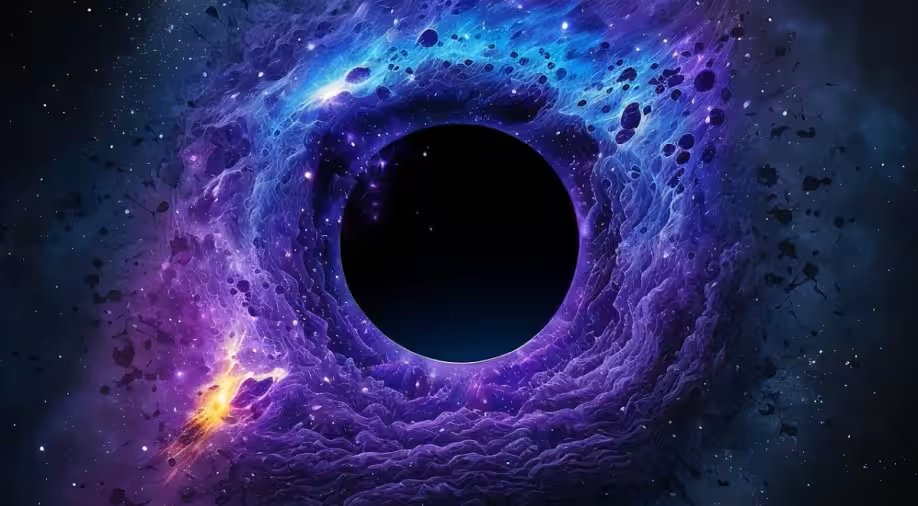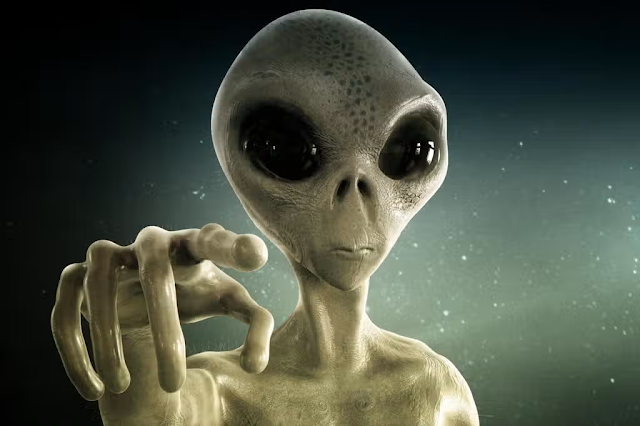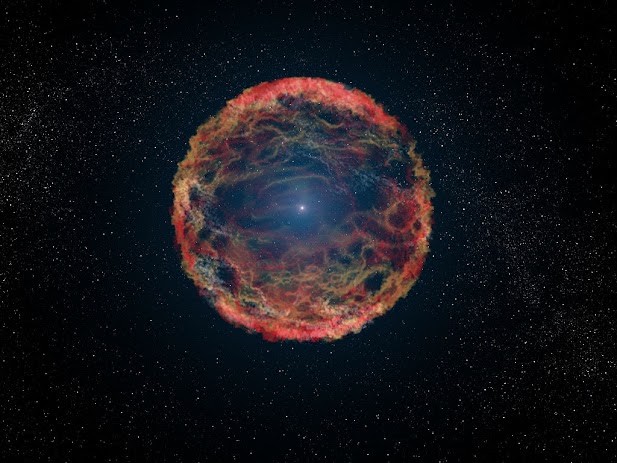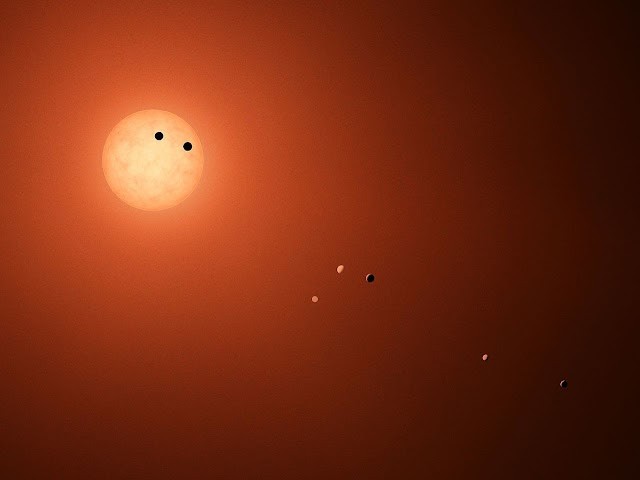If you are fascinated by the mysteries of the universe and the origins of life, you might be interested in reading about a remarkable discovery that was made recently.

A rare type of meteorite, containing organic compounds that could be the precursors of amino acids and proteins, fell from the sky and landed on a driveway in Winchcombe, a small town in Gloucestershire, England.
This was the first time that such a meteorite was observed, recorded and recovered in the UK in 30 years, and it offered a unique opportunity for scientists to study its chemical composition and history.
The Winchcombe meteorite belongs to a class of carbonaceous chondrites, which are among the oldest and most primitive materials in the solar system. These meteorites are thought to have formed from dust and ice that accreted around the young sun about 4.6 billion years ago, and they contain a rich inventory of organic matter and water.
Some of these organic molecules could have been synthesized in space by reactions involving ultraviolet radiation, cosmic rays or heat. Others could have been delivered to asteroids by comets or interstellar dust. In any case, these meteorites provide clues about the chemical evolution of our solar system and the potential for life elsewhere.
The Winchcombe meteorite is particularly special because it was recovered very quickly after its fall, thanks to the efforts of local residents and scientists who tracked its trajectory using eyewitness accounts and video footage.
This meant that the meteorite was minimally contaminated by terrestrial elements and microbes, and its organic signature was preserved. The meteorite was also very fragile and broke into several pieces upon impact, which allowed researchers to examine different parts of its structure and history.
A team of scientists from Royal Holloway, University of London, led by Dr. Queenie Chan, performed an organic analysis of the Winchcombe meteorite using various techniques such as gas chromatography-mᴀss spectrometry (GC-MS) and liquid chromatography-mᴀss spectrometry (LC-MS).
They found a range of organic compounds, including aliphatic hydrocarbons, aromatic hydrocarbons, carboxylic acids, alcohols, ketones and aldehydes. They also detected traces of amino acids, which are the building blocks of proteins and essential for life as we know it.
The organic composition of the Winchcombe meteorite suggests that it originated from an asteroid that experienced liquid water activity at some point in its history. Water is a key ingredient for life, as it enables chemical reactions that can produce more complex molecules from simpler ones.
The presence of water also implies that the asteroid had a source of heat, such as radioactive decay or collisions with other bodies. The researchers hypothesize that if this asteroid had been exposed to more water for a longer period of time, it could have produced more amino acids and possibly other biomolecules.
The Winchcombe meteorite is a rare and valuable sample that sheds light on the origin and diversity of organic matter in our solar system. It also raises intriguing questions about the possibility of life on other worlds.
Could there be asteroids or planets that harbor more advanced forms of organic chemistry or even living organisms? How common are these scenarios in our galaxy and beyond? These are some of the questions that motivate scientists to continue exploring the cosmos and searching for signs of life.
If you want to learn more about the Winchcombe meteorite and its organic analysis, you can read the original research paper published in Nature Astronomy or visit the website of Royal Holloway, University of London.
